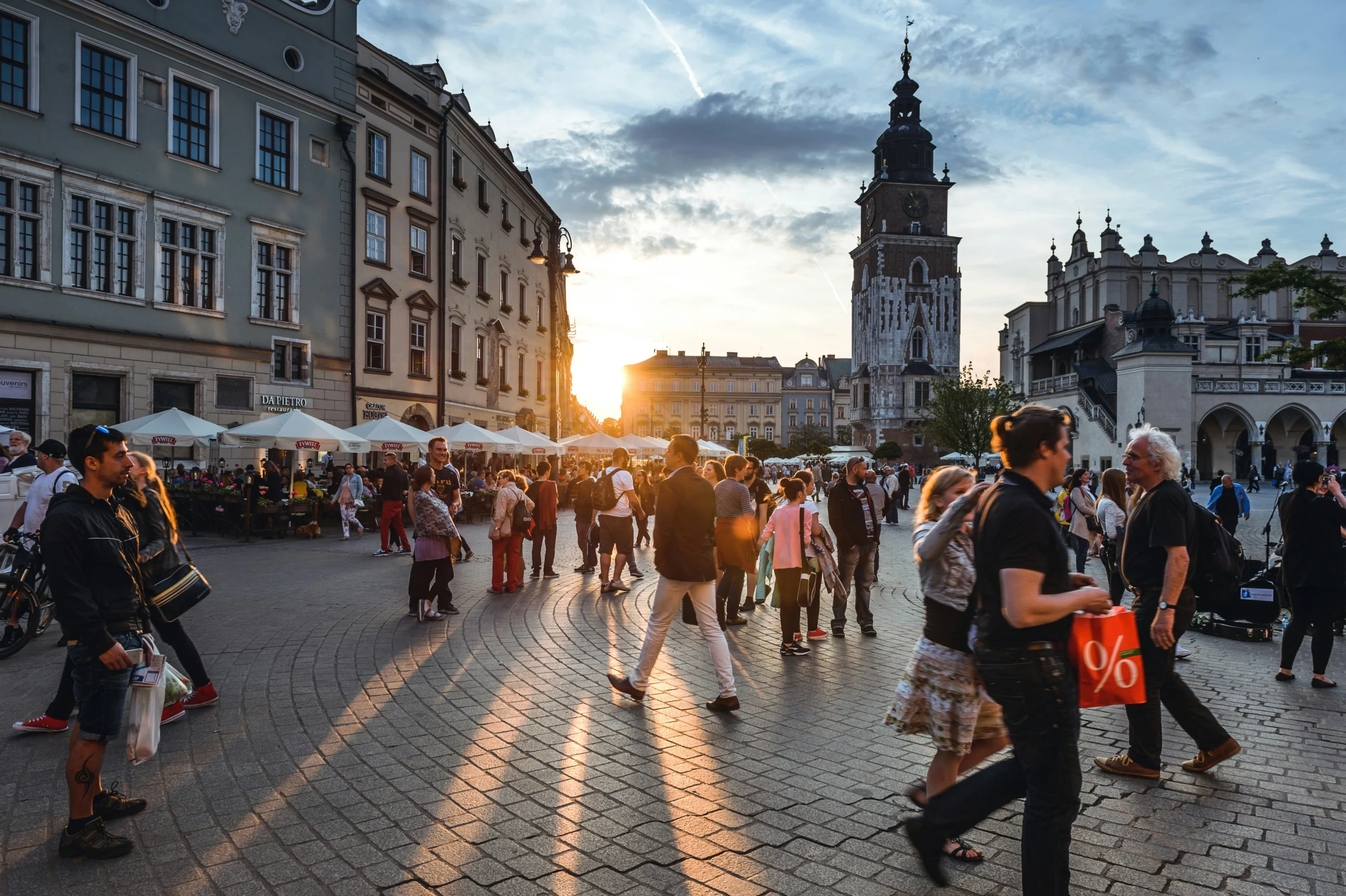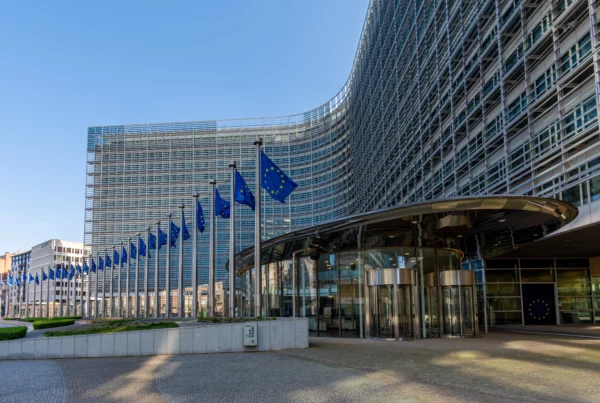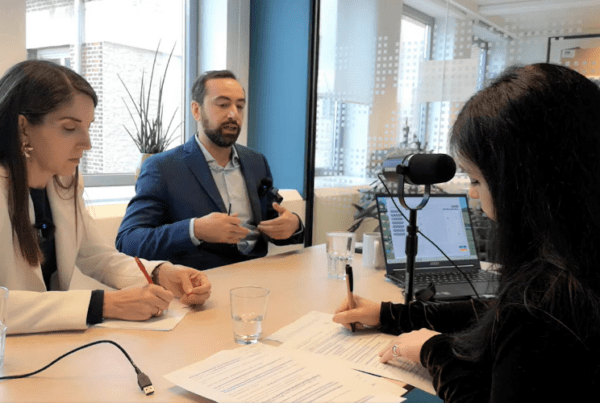How EU funds can better support local and regional governments in managing migration and long-term inclusion
Migration continues to shape Europe’s future, bringing both challenges and opportunities. While national governments define migration policies, it is local and regional governments that carry the responsibility of welcoming newcomers, providing housing, schools, healthcare, and jobs. Yet, access to EU funds that support integration remains complex and often out of reach for municipalities that need it most.
Towards Smarter EU Funding
The post-2020 EU budget framework is an opportunity to rethink how migration funds are designed and accessed. Local governments call for:
- More resources for integration: A larger share of the Asylum, Migration and Integration Fund (AMIF) should be earmarked for integration, rising from 20% to at least 30%.
- Direct access to funding: Cities and regions should be able to apply directly to the EU for integration projects, especially when dealing with urgent pressures.
- Simpler, fairer rules: Current procedures are often overly bureaucratic, leaving small and medium-sized municipalities excluded. Simplification and flexibility would allow more actors to take part.
- Block grants and blending facilities: Innovative funding tools combining multiple EU resources (AMIF, ESF, ERDF) with loans or microfinance could deliver integrated, long-term solutions tailored to local realities.
- Better coordination: Strengthening the partnership principle would ensure that municipalities are involved in programming, avoiding duplication and ensuring EU resources meet real needs on the ground.
From Emergency to Long-Term Strategy
Too often, EU migration funds are designed for short-term emergencies rather than sustainable integration. But integration is not a one-off response; it is a long-term process requiring education, job creation, social cohesion, and community investment. Aligning EU funds with local priorities and recognising integration as a shared responsibility will ensure better outcomes for both migrants and host communities.
Migration is a European challenge, but its solutions are local. By improving access to EU funds, simplifying procedures, and investing in long-term integration strategies, Europe can empower municipalities and regions to turn migration into a driver of social cohesion and sustainable development. The future EU budget must make this shift a reality.
For more information, contact:

Director – Policy & Impact






